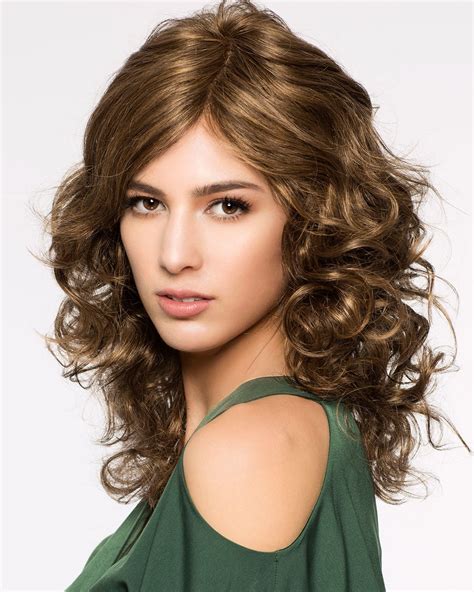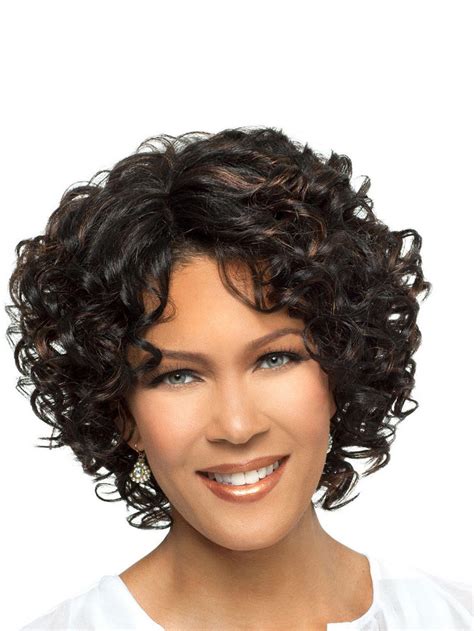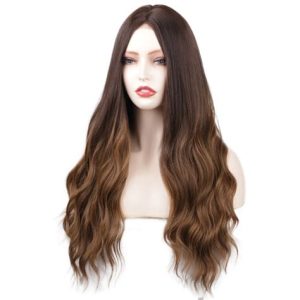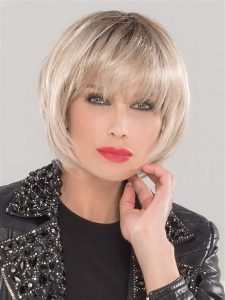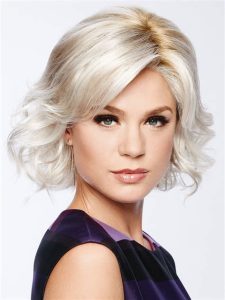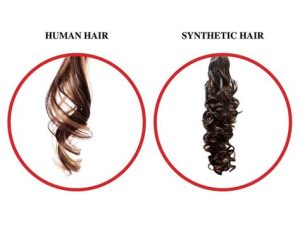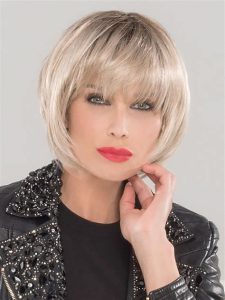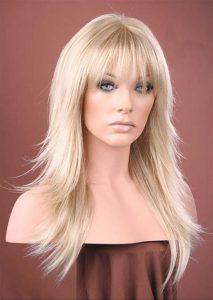8″ Short Wigs: Monofilament Synthetic vs Conventional Wigs
Introduction
In the world of hairpieces, there’s a constant battle for supremacy between monofilament synthetic wigs and conventional wigs. While both options offer unique advantages and drawbacks, understanding their differences can help you make an informed decision.
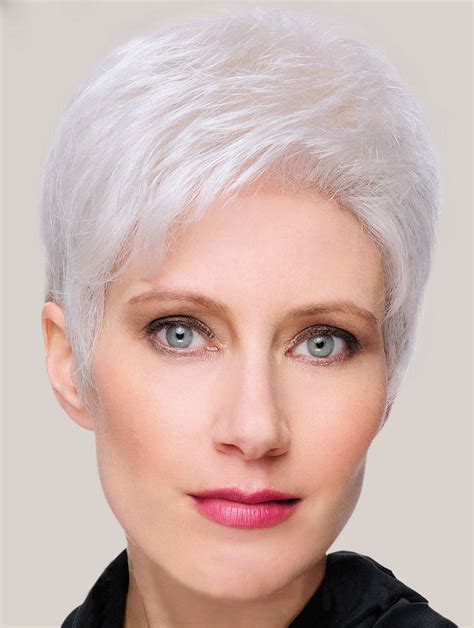
Monofilament Synthetic Wigs: A Closer Look
Monofilament synthetic wigs boast a construction where individual strands of synthetic hair are hand-tied to a sheer mesh base. This innovative design creates the illusion of natural hair growth, providing a realistic and undetectable appearance.
Pros:
- Natural look: Mimics the direction and density of real hair strands.
- Lightweight and breathable: Comfortable to wear for extended periods.
- Versatile styling options: Can be styled with heat tools to achieve various looks.
Cons:
- Higher cost: Typically more expensive than conventional wigs.
- Limited hair density: May not offer the same volume as conventional wigs.
- Shedding and tangling: Can occur with excessive wear and improper care.
Conventional Wigs: A Traditional Approach
Conventional wigs, on the other hand, are made with a cap construction where strands of synthetic or human hair are sewn directly onto a wig cap. This traditional method has been used for centuries, offering a secure and reliable option.
Pros:
- Lower cost: Generally less expensive than monofilament synthetic wigs.
- Higher hair density: Provides more volume and fullness.
- Durable construction: Withstands regular wear and tear.
Cons:
- Less natural look: May appear artificial or unnatural due to the visible wig cap.
- Heavier weight: Can be uncomfortable for all-day wear.
- Limited styling options: Heat styling is not recommended, as it can damage the wig.
The Verdict: Which Is Right for You?
The choice between a monofilament synthetic wig and a conventional wig depends on your individual preferences and needs.
- If you prioritize natural appearance, comfort, and versatility, a monofilament synthetic wig is a superior choice.
- If cost, hair volume, and durability are more important, a conventional wig is a suitable option.
Monofilament Synthetic Wig VS Conventional Wig: A Detailed Comparison
| Feature | Monofilament Synthetic Wig | Conventional Wig |
|---|---|---|
| Construction | Hand-tied strands on mesh base | Sewn strands on wig cap |
| Appearance | Natural and undetectable | Less natural, visible wig cap |
| Comfort | Lightweight and breathable | Heavier, less breathable |
| Styling options | Versatile, heat-styleable | Limited, heat not recommended |
| Cost | More expensive | Less expensive |
| Hair volume | Lower density | Higher density |
| Durability | Prone to shedding and tangling | More durable |
Effective Strategies for Choosing the Right Wig
- Determine your purpose: Identify why you need a wig (e.g., hair loss, fashion).
- Consider your budget: Set a realistic price range for your wig.
- Research different styles: Explore various wig designs and lengths to find what suits you best.
- Consult a professional: Seek advice from a hairstylist or wig specialist to make an informed decision.
Common Mistakes to Avoid When Wearing a Wig
- Wearing it for too long: Remove your wig at night to give your scalp a break.
- Styling it incorrectly: Use gentle products and avoid excessive heat styling.
- Not cleaning it regularly: Wash and condition your wig according to the manufacturer’s instructions.
- Storing it improperly: Keep your wig in a cool, dry place when not in use.
Step-by-Step Approach to Wearing a Wig
- Prepare your hair: Braid or ponytail your hair to create a smooth base.
- Secure the wig: Place the wig on and adjust the straps or clips for a snug fit.
- Style the wig: Brush or comb the wig to shape it and style as desired.
- Secure the wig further: If necessary, use bobby pins or hairspray to keep the wig in place.
Future Trends in Wig Technology
The future of wig technology holds exciting advancements, such as:
- Nano-fiber wigs: Ultra-fine synthetic fibers creating an even more natural appearance.
- Customizable wigs: Wigs tailored to individual facial features and hair textures.
- Smart wigs: Wigs with built-in sensors that monitor scalp health and adjust temperature.
Case Detail: A Customer’s Experience
“I purchased a monofilament synthetic wig for my hair loss and was amazed by its realism. It looks and feels like my natural hair and has given me back my confidence.” – Sarah, a satisfied wig wearer
Conclusion
Whether you choose a monofilament synthetic wig or a conventional wig, the key is to find one that complements your lifestyle and aesthetic preferences. By considering the factors discussed in this article, you can make an informed decision and enjoy the benefits of wearing a high-quality wig.
